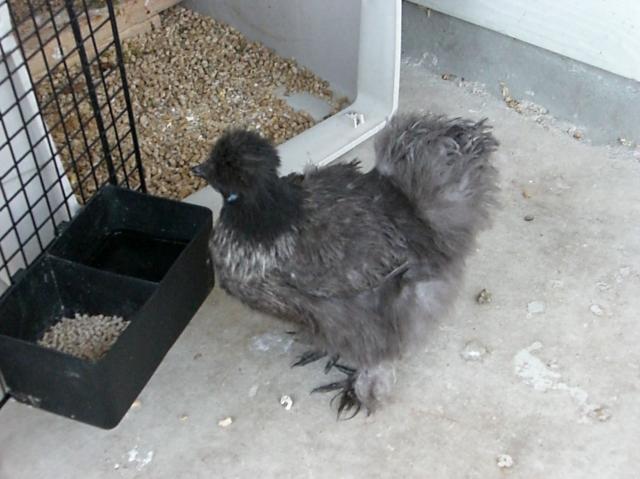Not sure what you mean?
All chickens have a silver/gold gene. Males have two, females one. They can be either silver (S/S or S/-) or gold (s/s or s/-), or males can be golden (S/s). This shows for some varieties (partridge, buff, grey) but not others (white, black, blue, splash). Incorrect combinations of other genes can cause silver or gold to show on the patterns where silver/gold should not be apparent.
All chickens have a silver/gold gene. Males have two, females one. They can be either silver (S/S or S/-) or gold (s/s or s/-), or males can be golden (S/s). This shows for some varieties (partridge, buff, grey) but not others (white, black, blue, splash). Incorrect combinations of other genes can cause silver or gold to show on the patterns where silver/gold should not be apparent.




